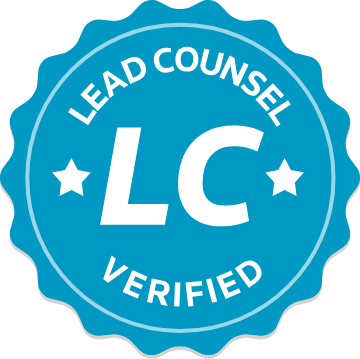
When you’ve worked hard to acquire a stake in a functional enterprise, going through a marital separation can seem like taking two steps backward. In reality, however, this stigma doesn’t accurately describe the divorce process — your experience is often a reflection of your ability to plan ahead.
What should business owners prepare themselves for during divorce? These pointers should clarify the complex issues for those who stimulate California’s economy.
How Are Business Assets Divided in Divorce?
One common misconception you need to disabuse yourself of as a business owner is that your company stake is somehow special. In the eyes of the family court system, it’s a piece of property, and thus, subject to the same rules. It needs to be characterized, valued, and divided correctly.
 Of course, this doesn’t mean that all divorcing business owners will have to split their company holdings or suddenly take on their spouse as a working partner. The 50/50 division rule only applies to community property, a business that began during the marriage. If you had a business prior to marriage or inherited it during the marriage the business may not be a community asset, however, the community may still earn an interest in the business.
Of course, this doesn’t mean that all divorcing business owners will have to split their company holdings or suddenly take on their spouse as a working partner. The 50/50 division rule only applies to community property, a business that began during the marriage. If you had a business prior to marriage or inherited it during the marriage the business may not be a community asset, however, the community may still earn an interest in the business.
It would not be a 50/50 division; different rules would apply to determine the interest owed to the community at the time of divorce from a separate property business under what is known as a Periera/Van Camp analysis. A notable exception to these rules might apply if you have a pre- or post-nuptial agreement that may exclude the business.
Valuation and Division
Before dividing a business in a divorce, the court looks at the current cash value of the company, as well as related contextual factors. For instance, your business might own assets like patents, equipment, facilities, and other holdings that have varying or market-dependent values. Courts also look at other companies of similar sizes and domains to learn more about your enterprise’s actual worth.
 After a business is formally assessed, division determinations can take many forms, and the circumstances play a significant role in what comes next. Awarding other assets to a party to equalize the division of the value of the business is a common option. The managing party takes the business and “buys out” the other party. If there are not enough assets to allow a “buy out” then other options are a “pay-out” overtime or an actual division of the business if both parties have worked in the business over time. The ultimate goal is the equal division of the marital estate.
After a business is formally assessed, division determinations can take many forms, and the circumstances play a significant role in what comes next. Awarding other assets to a party to equalize the division of the value of the business is a common option. The managing party takes the business and “buys out” the other party. If there are not enough assets to allow a “buy out” then other options are a “pay-out” overtime or an actual division of the business if both parties have worked in the business over time. The ultimate goal is the equal division of the marital estate.
Keep Your Company Running Before, During, and After a Divorce With Neumann Family Law, APC
Transition planning is a vital aspect of ensuring enterprises stay moving along smoothly, and it’s essential during divorces. Business owners who plan on separating need to get the facts straight, but there’s no hard-and-fast rule to tell them what comes next. Every entrepreneur must assess their situation from an informed legal perspective and formulate a customized strategy.
Dividing a business in a divorce is a lot simpler with legal aid that puts everything into its proper perspective. At Neumann Family Law, APC, we pride ourselves on helping San Diego business owners plan separations that don’t throw their professional lives into chaos. To find out how to keep your enterprise on track even as your life deviates from its usual course, call us at (619) 648-8554 or complete our online contact form to assure your divorce proceeds expediently and efficiently.
Find more like this: California Divorce Law


























